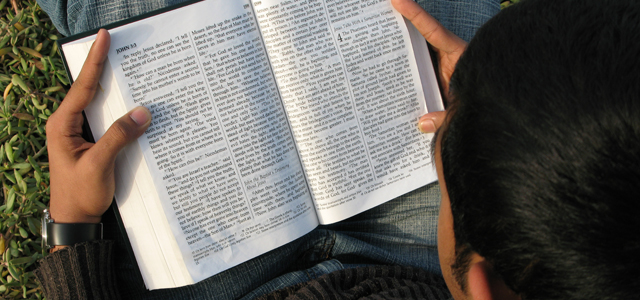August 3, Matthew 14:13-21
John the Baptist has been beheaded. Jesus withdraws by boat to a solitary place. Is this for safety and, if so, for whom — himself or his followers? Is it a spiritual reflex to return to a place of “wilderness” to seek God’s will and call, as he did after his baptism (there are obvious links in the stories)? When he arrives, there is a crowd. Why are they there? It’s implied that they came for Jesus, but it is not stated that they did.
There is powerful symbolism in this story for us who are the Church today. How might we feed people? What are the loaves and fish that we have to offer? Might they be ourselves and our faith? If so, what does that mean for us?
August 10, Matthew 14:22-33
The crowds had been fed and dismissed and Jesus finally gets some time alone to pray to His heavenly Father. Later, Jesus walks on water. Peter walks on water. What an amazing story! What would it have been like to have been there? What tone of voice did Jesus use when he offered those words to Peter: “You of little faith why did you doubt?”
We as the Church are sometimes symbolised as a boat, and we hold the legacy of people like Peter and his fellow disciples. Jesus has sent us on the journey towards the promised end, but we are often tossed around by the winds of change and the turmoil of society. But Christ comes to us and calls us to step out of the safety of our boat and walk on the waters.
When is it that you find it hard to step out in faith? In what circumstances do you find yourself with little faith? When or where in your life do you doubt?
August 17, Matthew 15:(10-20) 21-28
Here is the story of the faith of the Canaanite woman. Jesus rebuts her cry for help for her daughter, because she is not one of the lost sheep of Israel. Yet, in Chapter 8, Jesus had healed the servant of a Roman Centurion. Why does Jesus put her through such humiliation and prolonged and repeated refusal? Is it to test her? If so, why didn’t he test the Centurion? Did Jesus change his mind, or was he was always going to heal her?
How do you deal with the Scriptures when they throw at us difficult passages? How do you deal with faith when it throws at us difficult problems? How do we deal with people outside your religion and culture, when life places them before us? Others who are worthy of compassion and aid, but whom we may not want to help, for any number of reasons?
August 24, Matthew 16:13-20
Who do people say that the Son of Man is? In response to this important question, Peter builds upon the words spoken by the group when Jesus came to them on the water (See Lectionary Reflection above, about Matthew 14:2-33). Peter declares Jesus, the Son of Man, to be “the Christ – the Son of the living God.”
What we might overlook in this exchange is the fact that the knowledge of who Jesus is doesn’t come from what others say or teach, but from God. Jesus instructs his disciples not to tell anyone that he is the Christ. And yet that is what we feel called to do as Christians.
Who is Jesus? Who do we say that he is – both as individuals and as a Church? How do we show who Jesus is? How do we better introduce people to God in Jesus through the Holy Spirit, that they may come to proclaim him as Christ?
This Lectionary Reflection was prepared by the Rev. Jon Humphries, Chaplain of Ravenswood School for Girls.













